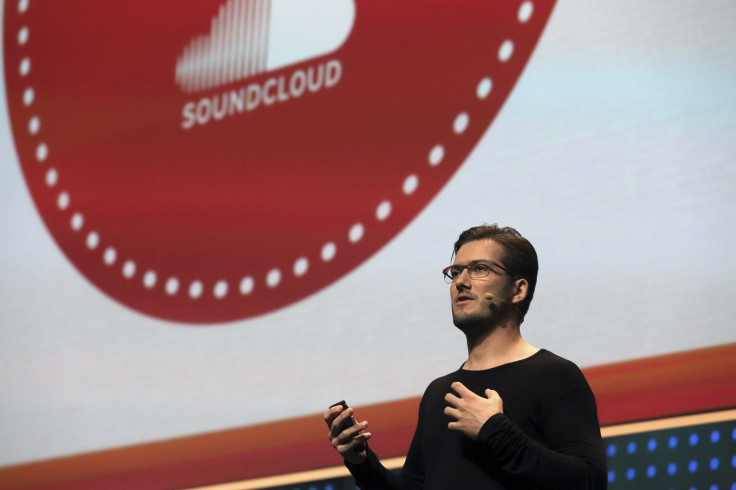SoundCloud And Snapchat Get Serious About Revenue, But What About Users?

Love a free Web service? One that has no apparent business model but has also raised a lot of venture money? You're on borrowed time: Sooner or later the adults are going to come in and attempt to turn a great thing on the Internet into a business.
That happened this week to both Snapchat and SoundCloud, two services that have achieved significant scale by catering to young audiences by providing something they couldn’t get anywhere else. Snapchat solved a need no one knew existed: the ability to send messages that disappear. SoundCloud created a global community around indie music, including tools to share and promote music that made it a rival to YouTube.
When a beloved network launches a business, the first question is whether the monetization changes the essential character of the service enough to turn off users. In both cases there is little danger of that. Users of music services (radio!) are accustomed to ads, as are those of messaging services. “In neither of these situations will the ads be foreign to people using it,” said Ian Schafer, CEO of Deep Focus.
Name an app/platform/publisher that was "killed" by taking advertising.
- Ian Schafer (@ischafer) August 21, 2014Both services appear to have thought hard about how advertising should live within those services, rather than throwing up banners. Snapchat is working on Snapchat Discovery, a program that would allow media companies and advertisers to deliver content to users, according to the Wall Street Journal. SoundCloud is adding promoted tracks to its service, with advertisers like Red Bull and Jaguar, as well as a subscription service that’s ad-free.
One of SoundCloud’s backers is Union Square Ventures partner Fred Wilson, an early investor in Twitter that also coined the term “native advertising.” As he points out, on Twitter, the ad unit is a tweet, on Tumblr it's a post, and on SoundCloud, its a track. To that I would add the native Facebook unit is a Sponsored Story; on Snapchat, I suppose, it's a snap.
The good news is both Twitter (NYSE:TWTR) and Facebook (NASDAQ:FB) have managed to build advertising businesses without alienating users to the point they'd rather not use it. Facebook in particular has evolved them radically over time from small boxes on the right rail to in-stream video ads, optimized for mobile.
New York-based DJ and producer Adrian Michna, 36, who debuts songs on SoundCloud, thinks there’s a clear analogy to Facebook, which built massive scale before it turned on advertising. “I think the method is you wait until people are hooked and then you just creep ads in and at this point, its not like I would leave SoundCloud for MySpace," he said.
The question, Michna said, is how far SoundCloud can go with ads before it becomes YouTube. “I think if they do it subtly it shouldn’t be too much of a problem,” he said. “If I get one ad every 10 songs that's acceptable -- but if it gets more than that it becomes annoying.”
The artist community will see ads as a plus if it means they get royalties. "I'm guessing it will be fractions of a cent like Spotify but this is still a nice improvement I guess," Michna said.
The bigger issue for SoundCloud, indeed for Twitter and every other unprofitable ad-supported service, is whether they can build a business that’s big enough. SoundCloud has 175 million monthly users but has yet to ink deals with the major labels, and when they do, they’ll need to pay performance fees. One need look no further than Pandora or Spotify to know how onerous that can be.
© Copyright IBTimes 2024. All rights reserved.






















